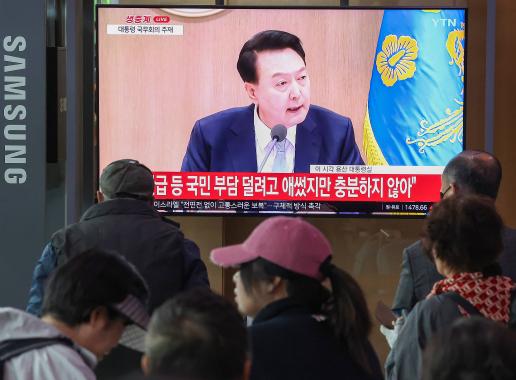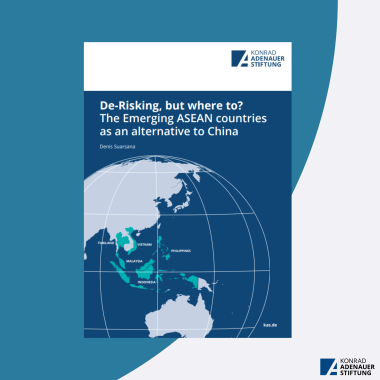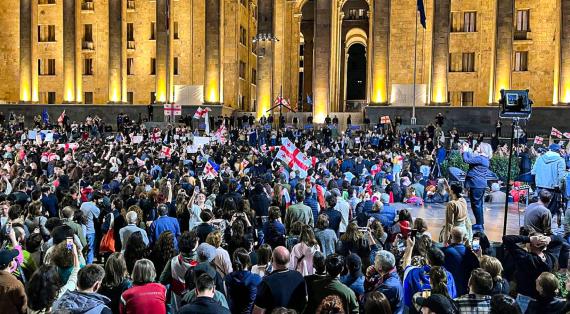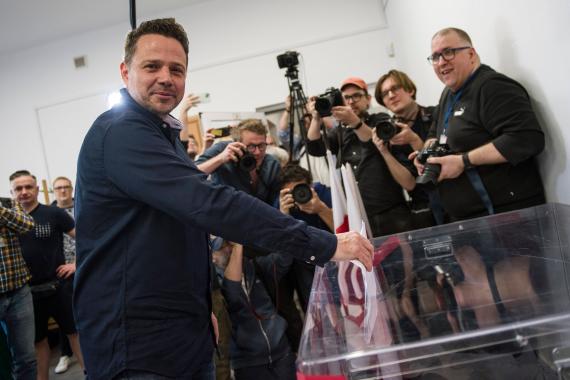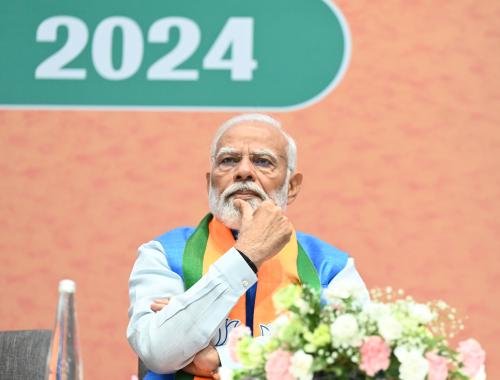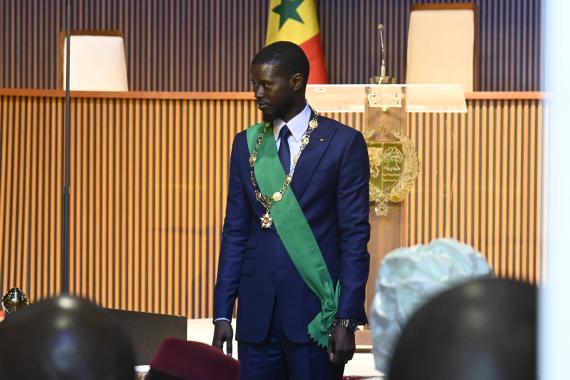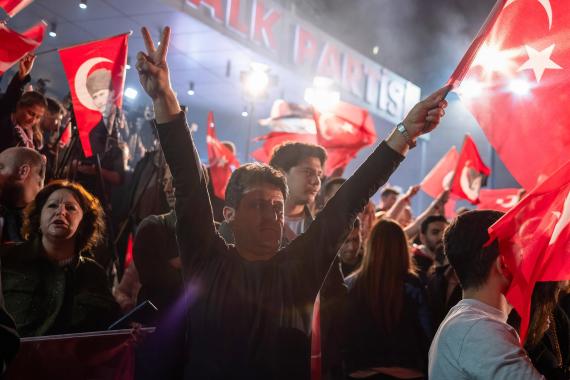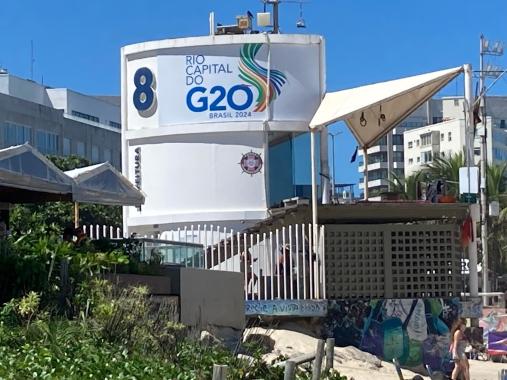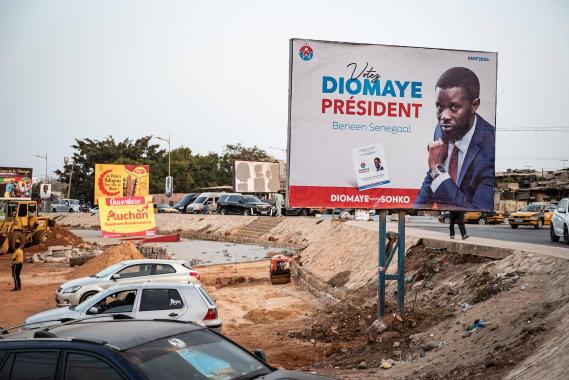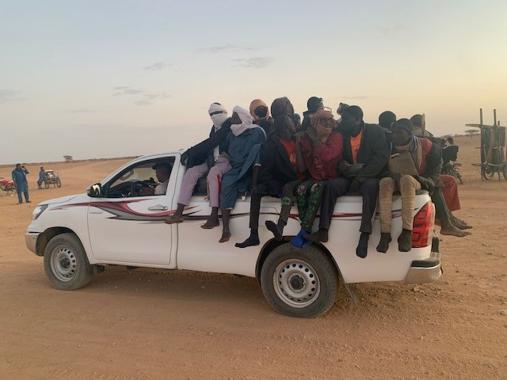India's parliamentary elections 2024
The invincible against the disunited
When the world's biggest elections are held in India from 19 April to 1 June this year, two unequal opponents will be running against each other for the third time in a row. Narendra Modi, Prime Minister of his Bharatiya Janata Party (BJP), who is seeking his third consecutive term in office, will once again face Rahul Gandhi. Gandhi had always lost to Modi in his previous two attempts. While Narendra Modi has never lost an election in his political career, in which he has held high political office for 22 years without interruption, the opposite is true for Rahul Gandhi. He has never been a minister in a federal or state government and has not led his Congress party to victory in the parliamentary elections in two attempts (2014 and 2019). He also resigned as party leader after his defeat in 2019. Nevertheless, he remains the most well-known face and lynchpin of opposition politics. The following country report briefly explains how elections work in the world's largest democracy and examines the state of opposition politics, particularly with regard to the Congress Party, in the run-up to the 2024 parliamentary elections. It also analyses why the next Prime Minister of India is likely to be called Narendra Modi once again.



